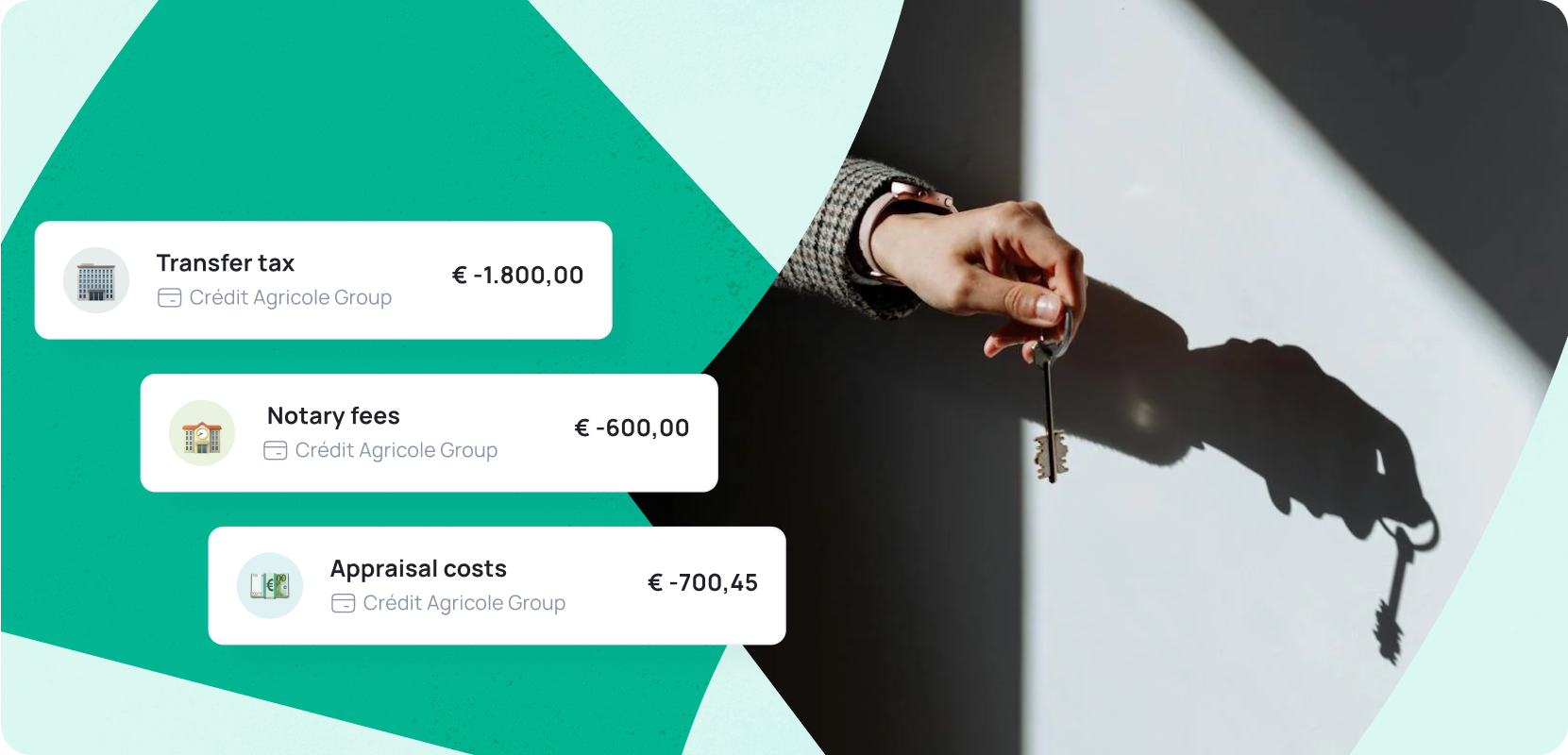Baby and Toddler Years (0–4) 👶
Initial Spending Shifts:
- Nursery: Purchase of furniture such as a crib, changing table, and wardrobe.
- Transportation: Items like a stroller, car seat and a buggy.
- Care Essentials: Diapers, (bottle) feeding supplies, and personal care products.
- Clothing: Babies grow quickly, requiring regular updates to their wardrobe.
- Childcare: If both parents work, childcare expenses can be significant, even with possible subsidies.
Monthly expense estimate: €300 to €500, excluding childcare and one-time expenses like setting up a nursery. Costs vary depending on factors like breastfeeding vs. bottle-feeding, using secondhand items, and number of childcare days.
Preschool and Elementary Age (4–12) 🧒
Growing Needs:
- Education: Costs for school supplies, field trips, and lunch fees.
- Hobbies and Sports: Membership fees for sports clubs, music lessons, or other activities.
- Clothing and Shoes: Kids continue to grow, leading to frequent purchases.
- Toys and Entertainment: Birthdays, parties, and outings.
Monthly expense estimate: €200 to €400. Costs vary based on activity level and whether you choose high- or low-cost hobbies.
Teen Years (12–18) 🧑🦱
Greater Independence (and Higher Costs):
- Secondary School: Expenses for books, electronics (e.g., a laptop), and sometimes tutoring.
- Clothing and Personal Care: Brand-name clothing and grooming products become more important.
- Social Activities: Spending money for outings, movies, and festivals.
- Transportation: Public transit passes or even a scooter.
Monthly expense estimate: €300 to €600. Costs depend on factors such as brand preferences, social activities, and whether the teen has a part-time job.

Young Adults (18+) 🍻
Moving Toward Financial Independence:
- Education: Tuition, books, and possibly rent if they move out.
- Insurance: The child becomes responsible for their own health insurance.
- Living Expenses: Groceries, clothing, and other daily costs.
Monthly expense estimate: €800 to €1,200 if you contribute to education and housing. Actual costs depend on whether they live at home, attend school, and have an income from a part-time job.
Caveats
The listed amounts are estimates and can vary greatly based on personal choices, income, and location. Factors like the use of childcare, purchasing new or secondhand items, and engaging in expensive hobbies or sports significantly affect total costs. Additionally, living costs differ by country and region.
What Does a Child Cost?
According to the Netherlands’ Central Bureau of Statistics (CBS), one child costs about 15% of disposable income, while two children account for 25%. For single-parent families, these percentages are higher: 23% for one child and 31% for two.
Tips for Managing Costs 💡
- Budgeting: Track your income and expenses to manage finances when you get a child.
- Saving: Start saving early for major future expenses, such as your child’s education.
- Cost-Cutting: Consider secondhand clothing and items, especially in the early years when children grow quickly.
- Allowances and Benefits: Take advantage of child benefits and any subsidies you qualify for.
- Smart Choices: Teach your child the importance of mindful (financial) decisions, especially during the more expensive teenage years.
📲 Using Grassfeld to Stay on Track
Want to manage your finances and track expenses as you prepare for a child? Grassfeld helps you stay in control. With the free app, you can easily link your bank account, after which your transactions are automatically categorized. This provides continuous insight into your personal finances and helps with budgeting and setting savings goals. Download Grassfeld from your app store and experience the benefits for yourself!





















